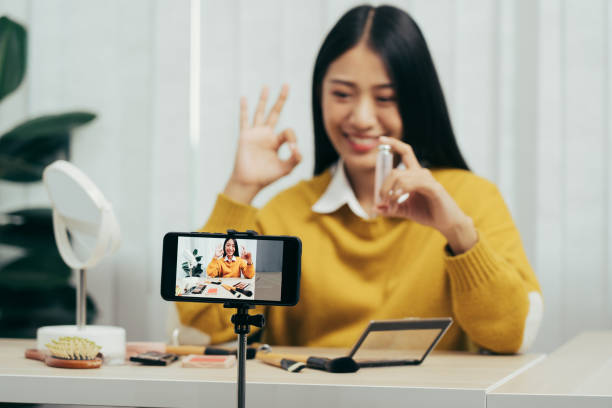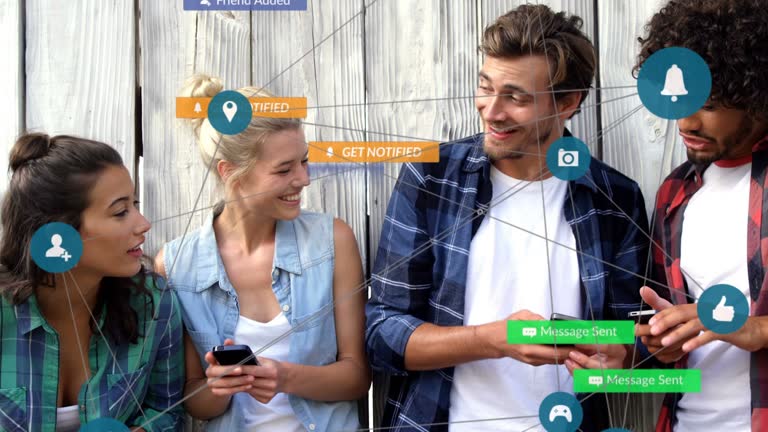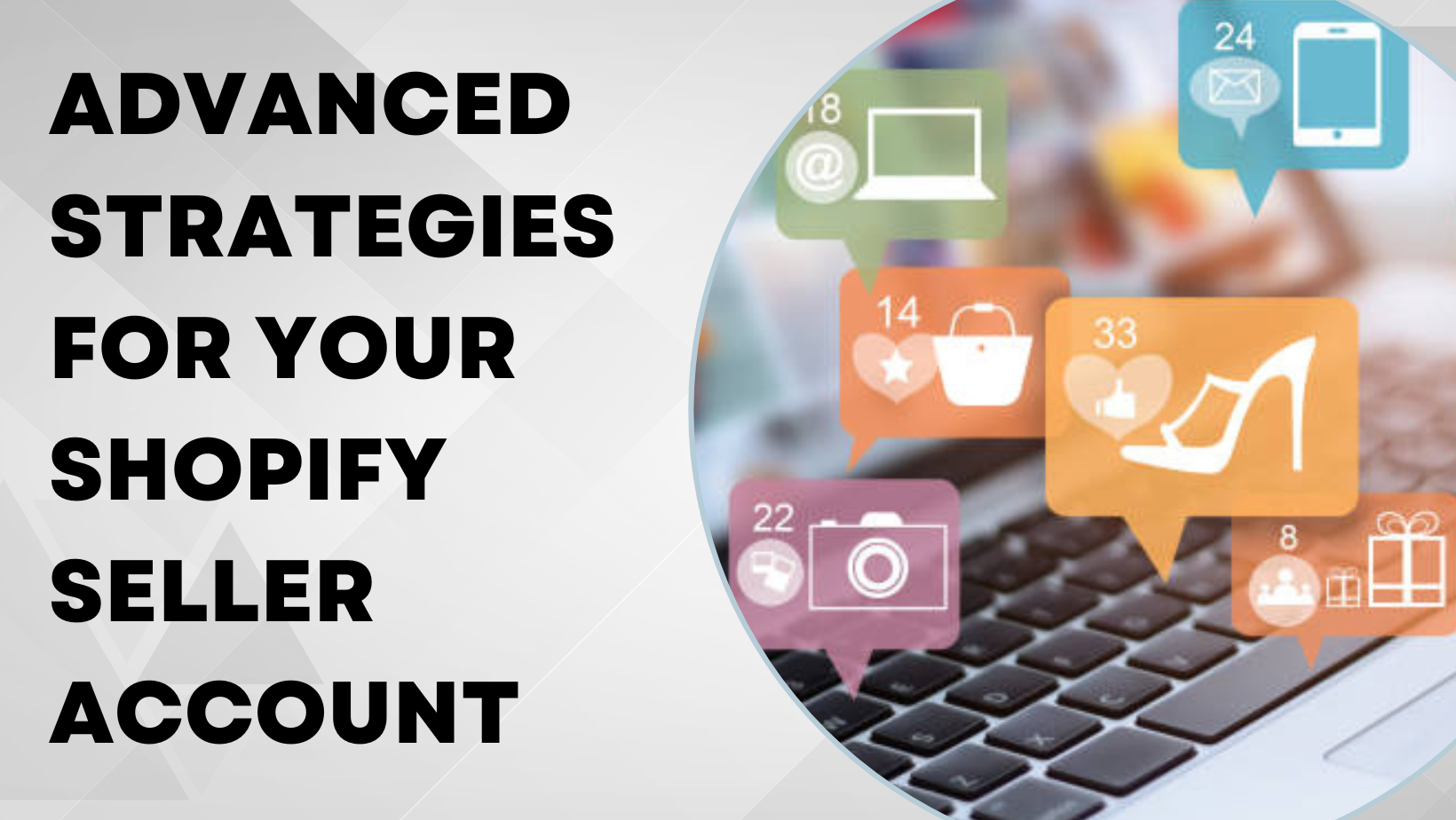Building a powerful brand presence on social media has become essential for businesses of all sizes. Whether you’re a small startup or a large corporation, influencer marketing has emerged as one of the most effective ways to reach and engage your target audience. By fostering relationships with the right influencers, brands can tap into new markets, grow their visibility, and build trust with potential customers. But success in influencer marketing isn’t just about sending products or compensation for posts. It requires nurturing genuine, long-lasting partnerships based on trust, shared values, and mutual benefit. In this blog post, we will explore key strategies and tips for building successful influencer relationships on social media that deliver results for both brands and influencers.
1. Understand Your Audience and Goals
Before diving into influencer partnerships, it’s critical to know who you’re targeting. This understanding ensures you’ll be able to connect with influencers who align with your brand’s message and attract an audience that will convert into customers.
Start by asking yourself:
- Who is my ideal customer?
- What are their interests, behaviors, and preferences on social media?
- What platforms does my audience frequent?
- What is my main goal for influencer marketing—brand awareness, engagement, lead generation, or sales?
By answering these questions, you’ll have a clear direction when researching influencers who can effectively reach your target audience. You’ll also be better positioned to evaluate potential influencer campaigns and measure their success.
2. Identify the Right Influencers
The success of your influencer campaign largely depends on finding the right people to work with. While it may be tempting to go after influencers with the biggest follower counts, relevance and authenticity are much more important than numbers alone. Look for influencers who:
- Align with your brand values
- Have an engaged, authentic audience
- Create content that resonates with your brand’s mission
- Operate within your industry or niche
Use social media tools like BuzzSumo, HypeAuditor, or Influencity to help you identify influencers whose audiences match your ideal customer base. Micro-influencers, who often have fewer than 100,000 followers, are also a great choice for many brands. Their smaller audiences tend to be more engaged, and they can generate higher conversion rates compared to macro-influencers.
Remember, an influencer with 50,000 highly engaged followers can be more effective than someone with 500,000 disengaged followers.

3. Focus on Building Authentic Relationships
Influencers are more likely to partner with brands that genuinely care about their work and reputation. So, approach influencers as partners, not just as a marketing channel. Take the time to follow their content, engage with their posts, and get to know their style before reaching out.
Here’s how you can build meaningful, authentic relationships:
- Personalize Your Approach: Avoid sending generic outreach emails. Mention specific content of theirs that you’ve enjoyed or how their work aligns with your brand.
- Offer Value Beyond Compensation: While financial incentives are important, influencers appreciate brands that provide exclusive experiences, early access to products, or the chance to participate in special campaigns.
- Communicate Openly: Transparency is key. Be clear about your expectations, deliverables, and timelines. Always listen to the influencer’s input, as they know their audience better than anyone.
By taking the time to build these relationships, you’ll have a better chance of creating a campaign that feels natural, authentic, and exciting for their audience.
4. Set Clear Expectations and Goals for Influencer Relationships on Social Media
Once you’ve identified the right influencer, it’s essential to set clear goals and expectations for the partnership. Both parties should understand what’s required to make the collaboration a success.
When outlining your expectations:
- Be clear about deliverables (number of posts, stories, videos, etc.)
- Specify timelines and deadlines for content creation and posting
- Define the content format and key messaging (but leave room for creative freedom)
- Discuss compensation—whether it’s monetary, products, or both
- Establish performance metrics such as engagement rates, click-through rates, or conversions
Agreeing on these details upfront ensures both you and the influencer are on the same page and avoids any miscommunication during the campaign.
5. Give Influencers Creative Freedom
While it’s important to outline key messages and branding guidelines, one of the best ways to ensure a successful campaign is by giving influencers creative freedom. Influencers know their audience better than anyone and have honed their style of content creation for maximum engagement.
Let them:
- Choose their format (photo, video, live stream, etc.)
- Use their voice and tone to stay authentic to their followers
- Decide when and how often to post within the agreed-upon timeframe
Micromanaging the influencer’s creative process can lead to forced or unnatural content that doesn’t resonate with their audience. Allowing them to craft content in their own style leads to more authentic, engaging posts that perform better.

6. Track and Measure Results for Influencer Relationships on Social Media
Measuring the success of your influencer campaigns is crucial to understanding what works and what doesn’t. Use tracking tools like Google Analytics, Bitly, or UTM codes to monitor website traffic, sales, and engagement generated from influencer collaborations.
Metrics to track include:
- Reach and impressions: How many people saw the content?
- Engagement: How many likes, shares, comments, and saves did the post receive?
- Click-through rate (CTR): How many people clicked on links or calls to action?
- Conversion rate: How many people completed a desired action (e.g., made a purchase)?
By analyzing these metrics, you can determine whether the campaign met your goals and adjust your strategy for future influencer partnerships.
7. Build Long-Term Partnerships for Influencer Relationships on Social Media
While one-off influencer campaigns can be effective, building long-term relationships with influencers is even more valuable. Consistent partnerships establish credibility with their audience, making your brand more trustworthy over time.
Some benefits of long-term relationships include:
- Increased brand loyalty from the influencer’s followers
- Stronger brand awareness through repeated exposure
- More authentic content as influencers become familiar with your brand and products
Consider offering influencers opportunities for continued collaboration, such as ambassador programs or exclusive partnerships. These long-term relationships lead to better results and a deeper connection between your brand and their audience.
8. Stay Adaptable and Evolve Your Strategy for Influencer Relationships on Social Media
The influencer marketing landscape is constantly evolving, with trends, algorithms, and platforms changing regularly. To maintain successful relationships with influencers, stay adaptable and be open to trying new approaches.
- Experiment with different platforms: If your current influencers are focused on Instagram, try branching out to TikTok, YouTube, or even LinkedIn to reach new audiences.
- Leverage different content formats: From live streams and Instagram Stories to TikTok challenges and YouTube vlogs, experiment with various content formats to see what resonates best with your audience.
- Stay current with trends: Keep an eye on social media trends, as influencer marketing is closely tied to the latest digital movements. By staying relevant, you’ll continue to engage with both influencers and their audiences.

Conclusion
Building successful influencer relationships on social media takes time, strategy, and genuine engagement. By understanding your audience, choosing the right influencers, fostering authentic relationships, and staying adaptable, your brand can create impactful influencer campaigns that drive results.
Remember, influencer marketing isn’t just about immediate sales. It’s about building trust, growing your brand, and creating long-lasting connections with both influencers and their audiences.








